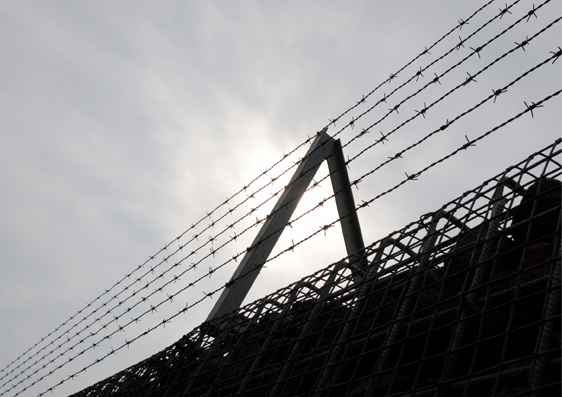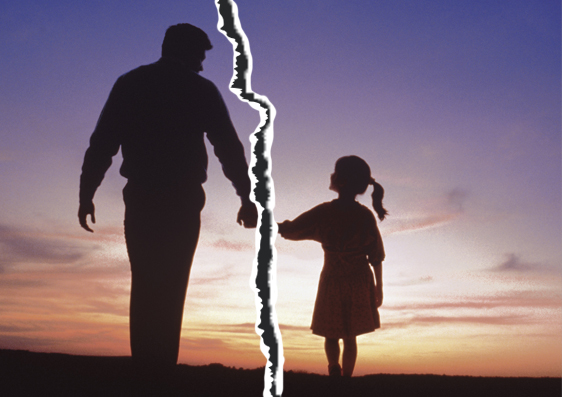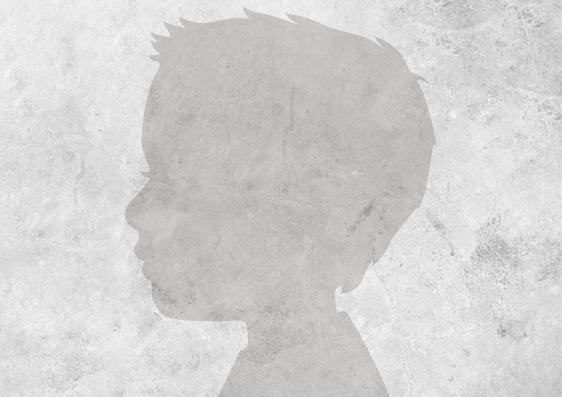10 Poignant Memoirs
In a memoir, you bare yourself for the benefit of your readers who might feel less alone in their pain. In a genre once dominated by politicians and celebrities, people are finding the strength to speak up about their struggles so that others may learn from their experiences.
Here are ten poignant memoirs you should read and take inspiration from.

The Collected Schizophrenias: Essays
by Esmé Weijun Wang
Winner of the 2016 Graywolf Press Nonfiction Prize, Wang’s collection of essays explores the author’s schizoaffective disorder, bipolar disorder, and late-stage Lyme disease. While some illness narratives often imbue positivity through miraculous recoveries or a stoic mentality, Wang is aware that her diagnoses have no cure and learns to live as best as she can. Her essays are a mix of research and spiritually charged reflections.

The Glass Castle
by Jeanette Walls
In her memoir, Jeanette Walls reckons with the dynamic of her vibrant yet dysfunctional family. With a drunkard father and a free-spirited mother, Walls and her siblings had to learn to feed, clothe, and protect one another.

Tuesdays with Morrie
by Mitch Albom
This memoir stayed on the New York Times bestseller list for more than four years after publication and became the bestselling memoir of all time in 2006. Albom had made fourteen visits to his former sociology professor Morrie Schwartz, whose terminal diagnosis of amyotrophic lateral sclerosis didn’t stop him from giving Albom some final lectures on life and living.

Night
by Elie Wiesel
Within just over a hundred pages, Holocaust survivor Elie Wiesel talks about his experiences in two concentration camps in 1944–1945. The fragmented narrative includes Wiesel’s loss of faith in God and in humanity, as well as his relationship with his invalid father. The memoir is followed by two more—Dawn and Day—and the title is a reference to the Jewish tradition of starting a new day at moonrise.

All That You Leave Behind
by Erin Lee Carr
When Erin Lee Carr’s father, celebrated journalist David Carr, dies of a heart attack, Erin started going through their email correspondence. Initially a way of coping with grief, Erin’s readings soon became a way of keeping her father’s presence in her life. This coming-of-age memoir is more than an exploration of the bond between father and daughter as it also touches upon the challenges of a career in journalism.

Maybe You Should Talk To Someone: A Therapist, Her Therapist, and Our Lives Revealed
by Lori Gottlieb
Lori Gottlieb is a psychotherapist who also happened to need therapy during the dissolution of a long-term relationship. Readers get a dual perspective as Gottlieb discusses her patients’ issues alongside her own. A New York Times review says that "Gottlieb can be judgmental and obsessive, but she’s authentic, even raw, about herself and her patients."

Stitches
by David Small
David Small was young when his father, a radiologist, exposed him to unhealthy doses of radiation in order to find out more about his recurring respiratory problems. Years later, after waking up from a surgery to remove a growth on his neck, Small found out that he could no longer speak—he hadn’t been told that the growth was malignant and that the operation could’ve cost his life. Small’s graphic memoir tells of how he would escape from his troubled home life through art, until he finally ran away from home with dreams of becoming an artist.

A Heartbreaking Work of Staggering Genius
by Dave Eggers
Released at the beginning of the millennium, Dave Eggers’ memoir became a finalist for the Pulitzer Prize and was the 12th best book of the decade according to The Times. It talks about the lives of Eggers and his siblings in the aftermath of their parents’ deaths. Eggers employs interesting techniques like the compression of time for the enhancement of the narrative’s flow, as well as the breaking of the fourth wall by a number of characters.

Boy Erased: A Memoir
by Garrard Conley
Garrard Conley was 19 when his rapist outed him as gay to his parents. Conley was made to choose between being disowned and attending gay conversion therapy. His memoir talks about the abuse he endured in the Love in Action ex-gay program, as well as the experiences of his fellow participants, in the hopes that therapy programs are exposed as futile and harmful rather than helpful.

Wave: Life and Memories after the Tsunami
by Sonali Deraniyagala
Sonali Deraniyagala was on vacation at Yala National Park in Sri Lanka when the Indian Ocean tsunami carried away her parents, husband, sons, best friend, and her best friend’s mother. Deraniyagala survived with the help of a tree branch. Her memoir deals with memories of life before the disaster, her actual experience of the tsunami, and how she copes with grief in the aftermath.
